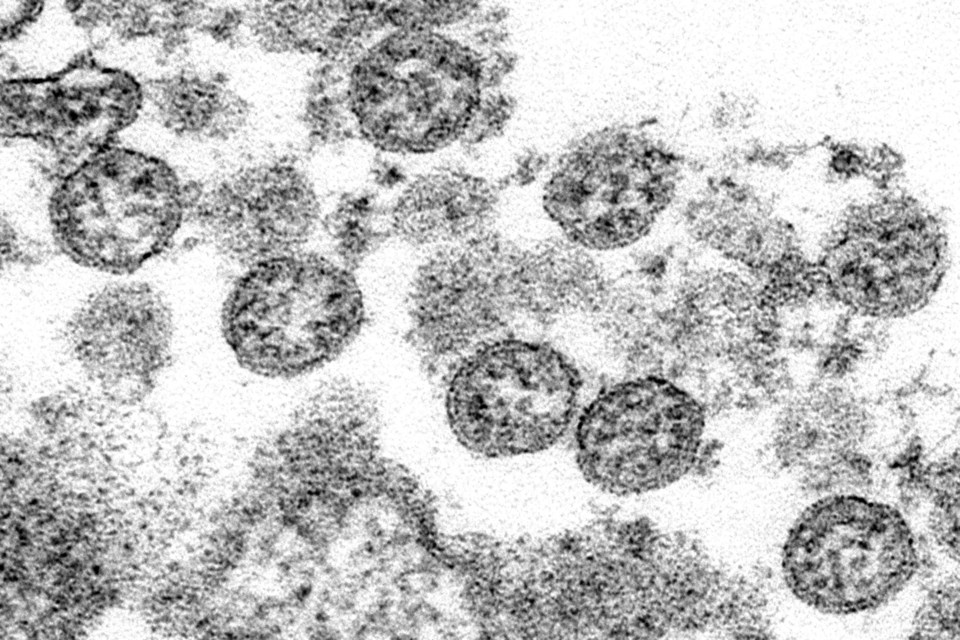HALIFAX — The first Canadian clinical trials for a possible COVID-19 vaccine will be conducted by a Halifax research team that also was involved in trials that eventually led to a vaccine for the Ebola virus.
Health Canada has approved trials that will be conducted at the Canadian Centre for Vaccinology at Dalhousie University.
The centre's director, Dr. Scott Halperin, says the lab was one of several in Canada and the U.S. whose work starting in 2014 eventually saw an "emergency release" of an Ebola vaccine that was used in West Africa before a third phase of clinical trials had been completed.
Halperin said each lab did slightly different studies in order to get the right type of information before quickly moving to the second phase and then the third.
"The Phase 1 studies were done and within six months the data were available and the phase three studies were started in West Africa which then helped to actually stop the epidemic," he said in an interview.
Halperin said it's possible the same emergency release could happen in Canada with a potential COVID-19 vaccine if it shows potential and is deemed safe, expediting a process that usually takes a number of years to complete — anywhere from five to seven years under normal circumstances.
"That would be something that Health Canada and the Canadian government would have to decide whether they wanted to do that. But it is certainly one of the options in the tool kit of things they can do to expedite the process if this or any other vaccine is looking promising."
Halperin pointed out that despite its early use during testing, the Ebola vaccine wasn't actually licensed as a regular marketed vaccine until late last year.
However, he cautions there's much work to be done before a COVID-19 vaccine could be approved for use.
The Halifax researchers will be following up work by Chinese manufacturer CanSino Biologics, which is already conducting human clinical trials for the vaccine.
Halperin said the first phase trial should be underway within the next three weeks once final approval is given by the centre's research ethics board.
Phase 1 will involve fewer than 100 healthy volunteers between the ages of 18 and 55 who will be followed over the next six months.
"We want to make sure that the vaccine is safe first in younger individuals before we go into people who may be at higher risk," Halperin said.
The participants are given a dose of the vaccine and are clinically monitored through a series of blood tests. They are also asked to record their symptoms in a diary so the researchers can have even more information.
"We collect any type of symptoms they might have whether they think it's related to the vaccine or not," said Halperin.
Each participant will make between nine and 13 visits to the centre during the first phase of the study.
If the initial test group shows a safe immune response to the vaccine, Halperin said researchers will quickly transition into an expanded second phase study before the first phase is even completed.
That would involve hundreds of people of all ages, including those aged 65 to 85, and would be administered by several other research centres across the country that are part of the Canadian Immunization Research Network.
Halperin said the network was set up by the federal government in 2009 as part of the response to the H1N1 pandemic. He said the intent was to create the necessary infrastructure to respond rapidly to an emergency and to do early phase clinical trials so vaccines would be available in Canada.
"This is a good test of that (network)," Halperin said of clinical trials that will be the first of "many more to come."
This report by The Canadian Press was first published May 17, 2020.
Keith Doucette, The Canadian Press



